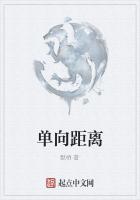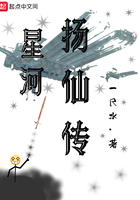If, then, Plato defined the wise man as one who imitates, knows, loves this God, and who is rendered blessed through fellowship with Him in His own blessedness, why discuss with the other philosophers? It is evident that none come nearer to us than the Platonists.To them, therefore, let that fabulous theology give place which delights the minds of men with the crimes of the gods; and that civil theology also, in which impure demons, under the name of gods, have seduced the peoples of the earth given up to earthly pleasures, desiring to be honored by the errors of men, and by filling the minds of their worshippers with impure desires, exciting them to make the representation of their crimes one of the rites of their worship, whilst they themselves found in the spectators of these exhibitions a most pleasing spectacle,--a theology in which, whatever was honorable in the temple, was defiled by its mixture with the obscenity of the theatre, and whatever was base in the theatre was vindicated by the abominations of the temples.To these philosophers also the interpretations of Varro must give place, in which he explains the sacred rites as having reference to heaven and earth, and to the seeds and operations of perishable things; for, in the first place, those rites have not the signification which he would have men believe is attached to them, and therefore truth does not follow him in his attempt so to interpret them; and even if they had this signification, still those things ought not to be worshipped by the rational soul as its god which are placed below it in the scale of nature, nor ought the soul to prefer to itself as gods things to which the true God has given it the preference.The same must be said of those writings pertaining to the sacred rites, which Numa Pompilius took care to conceal by causing them to be buried along with himself, and which, when they were afterwards turned up by the plough, were burned by order of the senate.And, to treat Numa with all honor, let us mention as belonging to the same rank as these writings that which Alexander of Macedon wrote to his mother as communicated to him by Leo, an Egyptian high priest.In this letter not only Picus and Faunus, and AEneas and Romulus or even Hercules, and AEsculapius and Liber, born of Semele, and the twin sons of Tyndareus, or any other mortals who have been deified, but even the principal gods themselves,(1) to whom Cicero, in his Tusculan questions,(2) alludes without mentioning their names, Jupiter, Juno, Saturn, Vulcan, Vesta, and many others whom Varro attempts to identify with the parts or the elements of the world, are shown to have been men.There is, as we have said, a similarity between this case and that of Numa; for the priest being afraid because he had revealed a mystery, earnestly begged of Alexander to command his mother to burn the letter which conveyed these communications to her.Let these two theologies, then, the fabulous and the civil, give place to the Platonic philosophers, who have recognized the true God as the author of all things, the source of the light of truth, and the bountiful bestower of all blessedness.And not these only, but to these great acknowledgers of so great a God, those philosophers must yield who, having their mind enslaved to their body, supposed the principles of all things to be material; as Thales, who held that the first principle of all things was water; Anaximenes, that it was air; the Stoics, that it was fire; Epicurus, who affirmed that it consisted of atoms, that is to say, of minute corpuscules; and many others whom it is needless to enumerate, but who believed that bodies, ****** or compound, animate or inanimate, but nevertheless bodies, were the cause and principle of all things.For some of them--as, for instance, the Epicureans--believed that living things could originate from things without life; others held that all things living or without life spring from a living principle, but that, nevertheless, all things, being material, spring from a material principle.For the Stoics thought that fire, that is, one of the four material elements of which this visible world is composed, was both living and intelligent, the maker of the world and of all things contained in it,--that it was in fact God.
These and others like them have only been able to suppose that which their hearts enslaved to sense have vainly suggested to them.And yet they have within themselves Something which they could not see: they represented to themselves inwardly things which they had seen without, even when they were not seeing them, but only thinking of them.But this representation in thought is no longer a body, but only the similitude of a body; and that faculty of the mind by which this similitude of a body is seen is neither a body nor the similitude of a body; and the faculty which judges whether the representation is beautiful or ugly is without doubt superior to the object judged of.This principle is the understanding of man, the rational soul; and it is certainly not a body, since that similitude of a body which it beholds and judges of is itself not a body.The soul is neither earth, nor water, nor air, nor fire, of which four bodies, called the four elements, we see that this world is composed.And if the soul is not a body, how should God, its Creator, be a body? Let all those philosophers, then, give place, as we have said, to the Platonists, and those also who have been ashamed to say that God is a body, but yet have thought that our souls are of the same nature as God.They have not been staggered by the great changeableness of the soul,--an attribute which it would be impious to ascribe to the divine nature,--but they say it is the body which changes the soul, for in itself it is unchangeable.As well might they say, "Flesh is wounded by some body, for in itself it is invulnerable." In a word, that which is unchangeable can be changed by nothing, so that that which can be changed by the body cannot properly be said to be immutable.














